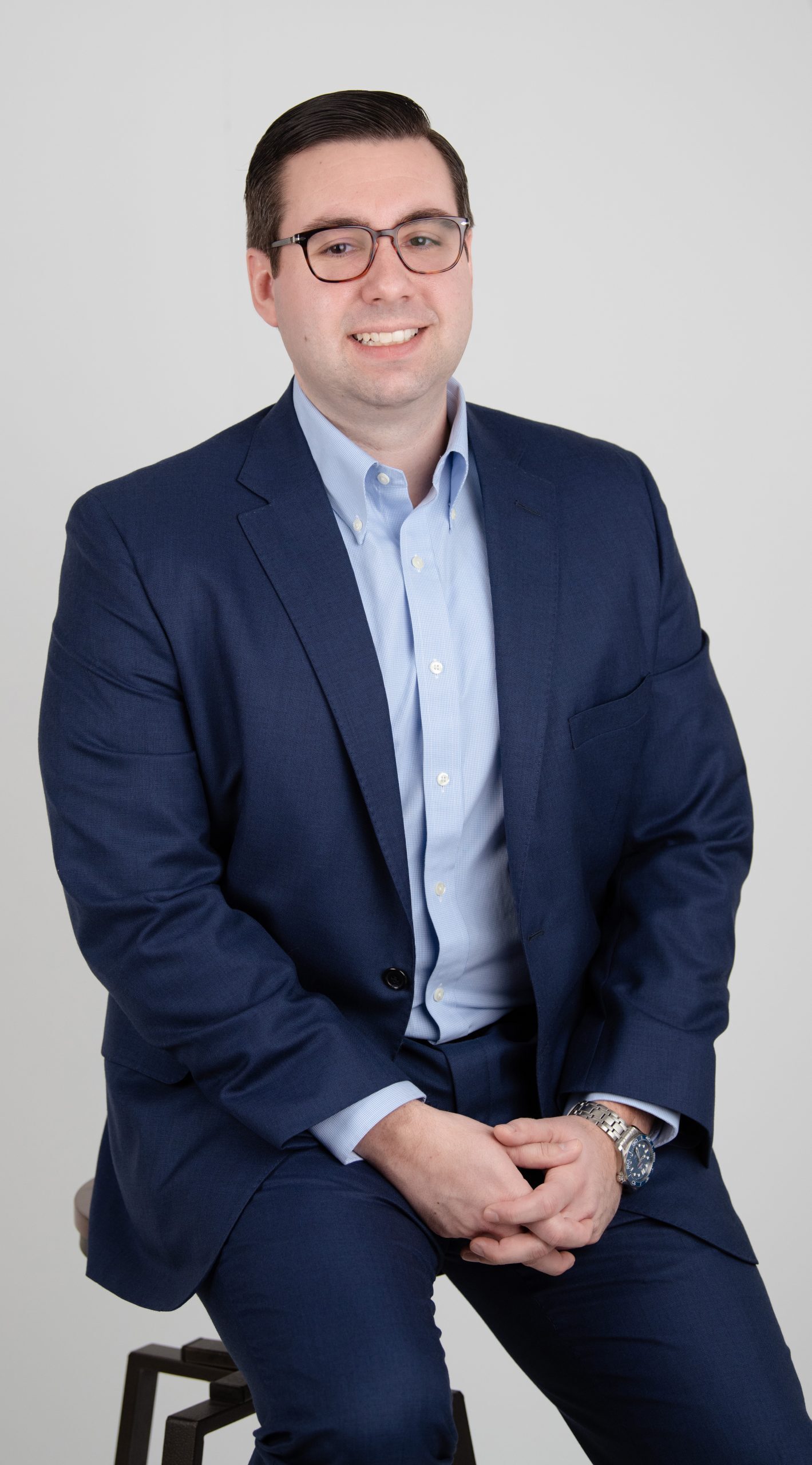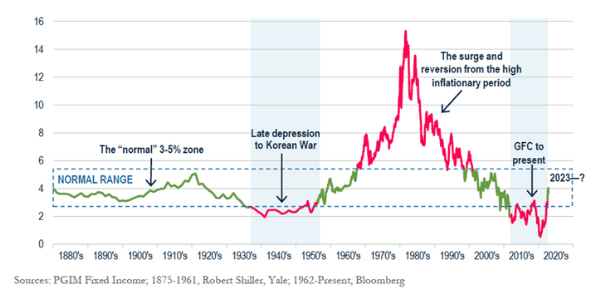Label reading, ingredient decoding, deciphering marketing terminology – all of these aspects individually or combined can create an environment of confusion for shoppers at the grocery store. Amongst product labels, “USDA Organic” is found on many foods and beverages, but what does it really mean? Let’s focus in and unpack this particular label.
What is meant by the label “USDA Organic”?
The United States Department of Agriculture (USDA), is a division within the US government that focuses largely on the country’s safety and efficiency of farming, food and sustainability practices. The USDA Organic label is federally regulated, meaning the product its placed upon has met the standard requirements to earn the status of this particular label (more on this, below). Because this is a regulated label with strict criteria, the consumer can have confidence when they see this symbol on a product that the process in which the ingredients have gone from farm to table has been verified through a system of checks and balances.
- The standards the USDA has set for being labeled organic are the following¹:
- No synthetic chemicals used on the product (such as pesticides and fertilizers otherwise used in conventional foods to keep bugs and termites away)
- No genetically modified organisms (GMO’s)
- No antibiotics or growth hormones given to animals (when the product itself comes from an animal) but rather a focus on their welfare, such as raising animals in natural conditions
- Sustainable farming practices used to protect the environment currently and long term
These standards are in place to ensure both the consumers and environment are set up for better health outcomes, given how products are grown and processed. More information surrounding these categories can be found on the USDA website.
If a food product does not have this label, the default is known as a conventional food. A conventionally grown product such as a head of broccoli, for example, could miss the mark for organic in a minimum of one category or at most, all categories. Conventional foods are found in most products in store and have their own system of checks and balances for consumer health, as well.
Whereas conventional foods are still federally monitored for safe limits of pesticides using scientific data and risk assessment on a regular basis, these types of products do not have to meet as rigorous requirements surrounding chemical usage on crops and soil health, for example. Additionally, they may utilize GMO’s, and/or differ in the treatment of animals and farming practices.
In summary, organic verified products have tighter regulations when it comes to how a food is grown and processed, and also how animals are fed and raised. Common concerns from consumers regarding conventional foods vs. organic surround long term pesticide intake risk on human health, animal welfare, and the question of varying levels of nutrient composition. Given the increased cost of production to farm organically, organic products most often have a higher price tag than their conventional counterparts. Many believe there are benefits to choosing organic, but it may not be necessary or realistic to consume all or even most food intake organic, depending on food budget and/or availability of items where someone lives and shops on a regular basis.
When it comes to a measurable benefit to human health, choosing organic foods vs. conventional, the scientific evidence is not definitive, although observational studies point to better health outcomes over time for organic consumption vs. conventional². Like any decision in the adult world, the type of food you purchase requires taking inventory of what you value, prefer, and can afford.
Organic – Where to Begin
If at this point you’ve identified you’d find it worth the money and efforts to choose organic, in some capacity, for yourself and family, it can be helpful to have a simple starting point.
Consider this: EWG’s The Dirty Dozen and Clean Fifteen
Each year, the Environmental Working Group (EWG), a non-profit organization whose focus is public health and the environment, releases two lists – the dirty dozen and clean fifteen. These lists are considered “shopper’s guides” for the consumer who wants to better understand which foods have been tested and shown to have a greater amount of pesticide residue (dirty dozen) compared to produce with less or no traces of pesticides (clean fifteen). This is a great place to begin for a consumer who desires to limit pesticide residue on food they’re consuming, due to potential health risks associated with chemical exposure for adults and children, alike.
2024 Dirty Dozen³ – EWG recommends to buy these organic, when possible, to avoid concentration of pesticides:
- Strawberry
- Spinach
- Kale, collard & mustard greens
- Grapes
- Peaches
- Pears
- Nectarines
- Apples
- Bell and hot peppers
- Cherries
- Blueberries
- Green beans
2024 Clean Fifteen⁴ – EWG reports least contaminated with pesticides, among produce tested. OK to buy conventional:
- Carrots
- Sweet potatoes
- Mangoes
- Mushrooms
- Watermelon
- Cabbage
- Kiwi
- Honeydew melon
- Asparagus
- Sweet peas
- Papaya
- Onions
- Pineapple
- Sweet corn
- Avocadoes
You can request a copy of these lists from the EWG website, print them out for your fridge or screenshot them for your next trip to the grocery store. You can also take a deeper dive to learn more about the EWG’s process for food testing on their website.
Closing Thoughts from a Registered Dietitian
When it comes to eating nutritiously by principle, it’s best to consume whole foods, as close to natural form as possible, and a variety of types within each food group (fruits, vegetables, fats, proteins, whole grains, dairy). If a fixation on choosing organic vs. conventional is presenting as a hindrance from eating animal products or produce, that may be missing the point for what healthy eating actually looks like. The term organic isn’t necessarily synonymous for better health, so it’s important to view the whole picture.
As a consumer, it’s important to be aware of common food labels such as “USDA Organic” on products like meat, dairy, fruits, vegetables, eggs and other processed foods. Understanding what the term implies can assist in avoiding conflicting information and confusion, in this area. The choice of conventional vs. organic is yours, and it’s a personal one. My hope is that you feel better acquainted with the facts and are empowered to make your choices with confidence!
Sources:
- McEvoy, Miles. 2012, March 22. Organic 101: What the USDA Organic Label Means. USDA. https://www.usda.gov/media/blog/2012/03/22/organic-101-what-usda-organic-label-means
- Vigar, V., Myers, S., Oliver, C., Arellano, J., Robinson, S., & Leifert, C. (2019). A Systematic Review of Organic Versus Conventional Food Consumption: Is There a Measurable Benefit on Human Health?. Nutrients, 12(1), 7. https://doi.org/10.3390/nu12010007
- EWG’s Shoppers Guide to Pesticides in Produce: The Dirty Dozen. Environmental Working Group. https://www.ewg.org/foodnews/dirty-dozen.php
- EWG’s Shoppers Guide to Pesticides in Produce: The Clean Fifteen. Environmental Working Group. https://www.ewg.org/foodnews/clean-fifteen.php
Disclaimer: This article offers educational insights from a registered dietitian on establishing healthy principles. It is a supplementary resource and not a substitute for personalized advice from a medical professional familiar with an individual’s health history.






















